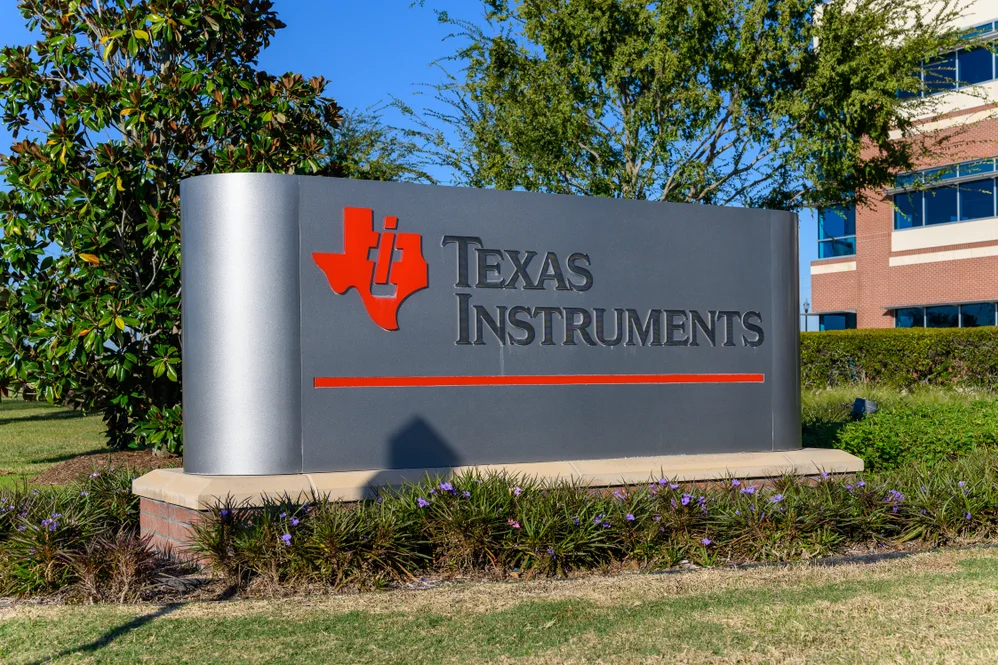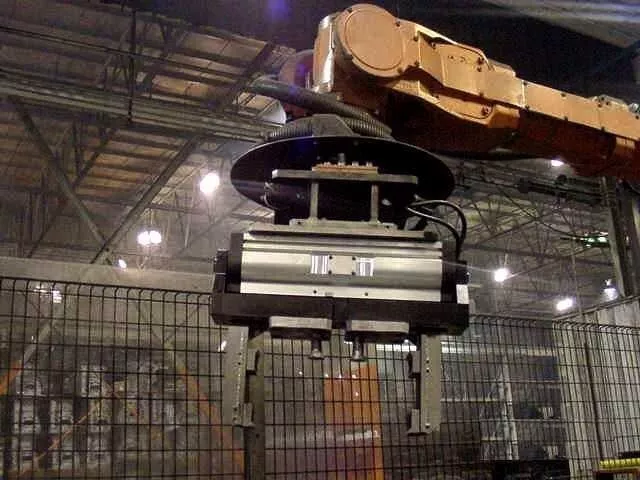
Texas Instruments Launches New Automotive Chips to Boost Vehicle Safety and Autonomous Features!
By Ashutosh Arora
Texas Instruments (TI) has unveiled a new suite of automotive semiconductors designed to enhance vehicle safety systems and propel the development of more advanced autonomous driving features. This new product line includes several industry-first innovations, notably the LMH13000, which is the first integrated high-speed lidar laser driver, and new automotive-grade bulk acoustic wave (BAW)-based clock solutions, along with an upgraded millimeter-wave radar sensor.
The LMH13000 is a groundbreaking component that offers a rapid 800-picosecond rise time, which allows vehicles to measure distances up to 30% farther than traditional discrete solutions. This capability significantly improves obstacle detection speed and accuracy, which is crucial for autonomous systems that rely on precise distance measurement for safe navigation. Additionally, the integrated design of the LMH13000 eliminates the need for bulky external components, reducing the system’s size by up to four times and cutting costs by approximately 30%. This reduction in size and cost makes it easier for automakers to integrate lidar technology into their vehicles, further accelerating the development of autonomous driving features.
Texas Instruments is also introducing several new clock solutions, such as the CDC6C-Q1 oscillator and the LMK3H0102-Q1 and LMK3C0105-Q1 clock generators. These products use BAW technology, which provides up to 100 times more reliability than traditional quartz-based clocks. The BAW technology ensures that the components remain reliable under the harsh conditions often encountered in automotive environments, including high temperature variations, vibrations, and electromagnetic interference. This level of durability is critical for ensuring the longevity and consistent performance of components used in modern vehicles, particularly those in safety-critical systems.
Another key product debuting from Texas Instruments is the AWR2944P, an upgraded version of its millimeter-wave radar sensor. The new model offers a longer detection range, improved angular precision, and enhanced processing performance. It also integrates radar-specific hardware acceleration to support real-time machine learning algorithms, enabling the sensor to process data more efficiently and effectively. These improvements will allow for more accurate and faster decision-making by autonomous systems, which is vital for ensuring safety in dynamic driving environments.
As the automotive industry continues to shift towards greater automation, the need for dependable, efficient, and compact components is growing. TI’s new semiconductor solutions meet these demands by combining performance, reliability, and cost-effectiveness. The new products cater to a wide range of vehicles, from those with advanced driver assistance systems (ADAS) to fully autonomous vehicles, and provide the essential building blocks for a zero-collision future.
Lidar remains one of the key technologies enabling autonomous navigation, providing vehicles with high-resolution 3D mapping of their surroundings. The LMH13000’s compact footprint, low cost, and exceptional thermal stability set it apart from previous lidar solutions, which often suffered from significant temperature-related performance variations. The LMH13000 shows just a 2% variation in output current across its temperature range, compared to up to 30% in legacy systems. This improvement makes it a more reliable choice for automakers, offering consistent performance under a broader range of operating conditions.
With these new products, Texas Instruments is helping drive the evolution of automotive technologies, enabling the transition towards safer, more autonomous vehicles while addressing the growing demand for reliable, high-performance components in the automotive industry.









